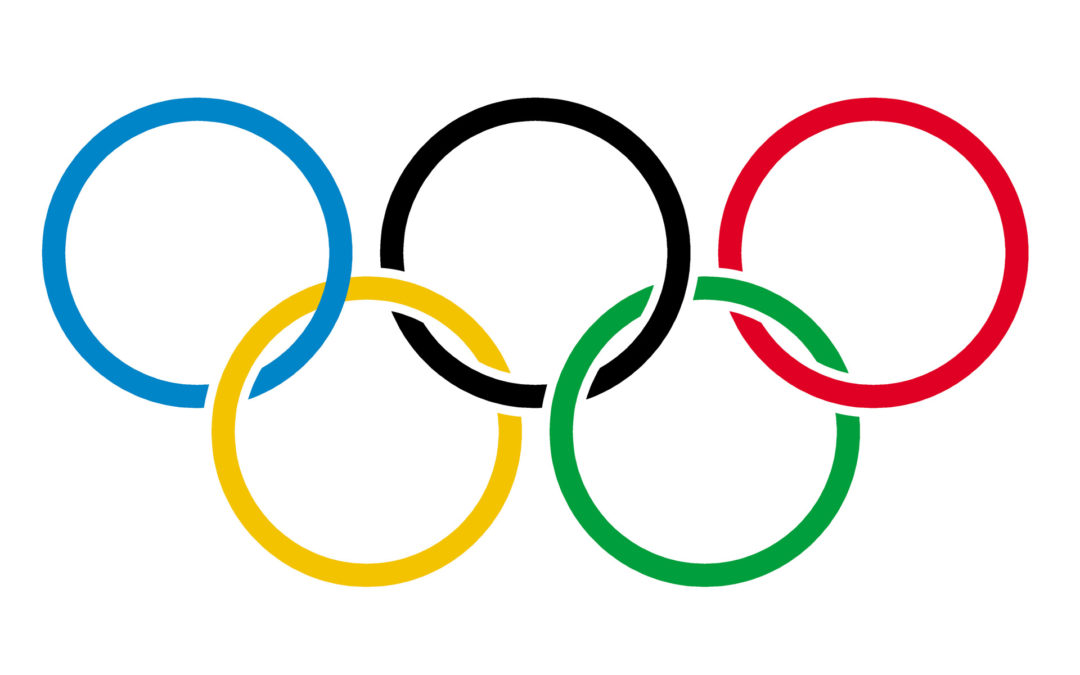Japan Prime Minister Shinzo Abe on Monday said a postponement of the Tokyo Olympics would be unavoidable if the Games cannot be held in a complete way because of the coronavirus pandemic.
He was commenting on the International Olympic Committee’s plan to examine the situation over the next few weeks and make a decision, which could include the option to postpone.
“If it is difficult to hold [the Games] in a complete way, a decision of postponement would be unavoidable as we think the athletes’ safety is paramount,” Abe said.
Tokyo Gov. Yuriko Koike echoed Abe.
“The IOC will fully examine what to do over the next four weeks, and in that process that word [postponement] may be included,” she said.
The IOC holds most of the cards in any rescheduling, spelled out in a host city contract signed in 2013 between the IOC, the Japanese Olympic Committee and the city of Tokyo.
Japan is officially spending $12.6 billion to organize the Olympics, but a national audit put the figure at more than twice that much. The bill is sure to increase with any postponement, and the vast majority of the spending if from the public treasury.
Canada won’t send athletes to the Olympics in Tokyo unless the Games are postponed by one year, the country’s Olympic committee announced Sunday night amid concerns over the coronavirus pandemic.
“While we recognize the inherent complexities around a postponement, nothing is more important than the health and safety of our athletes and the world community,” the Canadian Olympic Committee said in a statement. “This is not solely about athlete health — it is about public health.”
Canada won’t send athletes to the Olympics in Tokyo unless the Games are postponed by one year, the country’s Olympic committee announced Sunday night amid concerns over the coronavirus pandemic.
“While we recognize the inherent complexities around a postponement, nothing is more important than the health and safety of our athletes and the world community,” the Canadian Olympic Committee said in a statement. “This is not solely about athlete health — it is about public health.”
“In fact, it runs counter to the public health advice which we urge all Canadians to follow.”
Canada had 314 athletes combine to win 22 medals at the Rio Games in 2016. Some of its most notable performers included swimmer Penny Oleksiak and sprinter Andre De Grasse.





